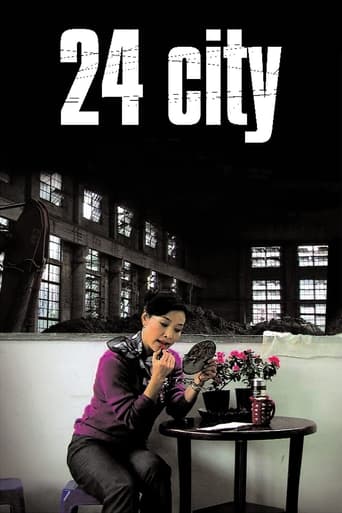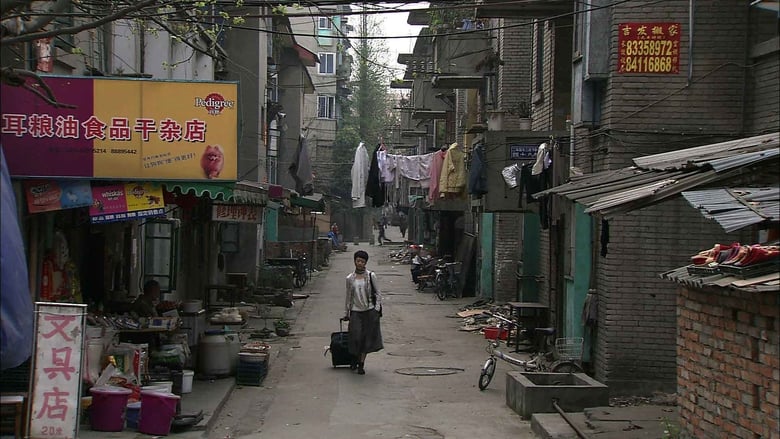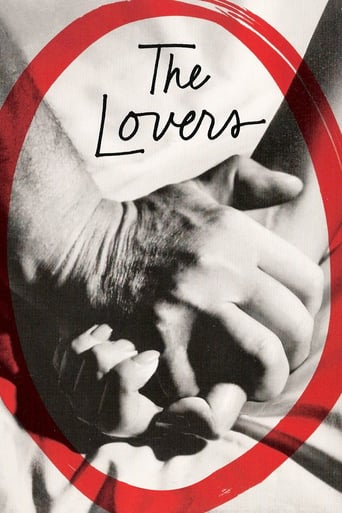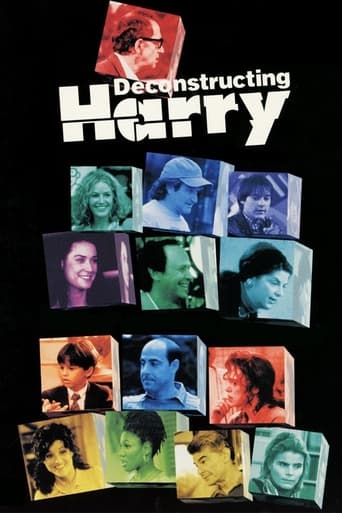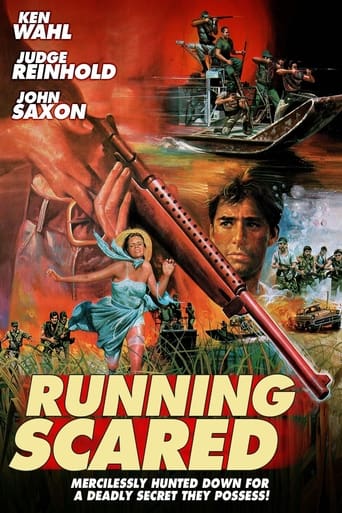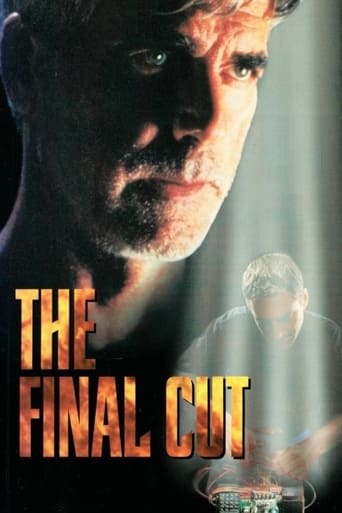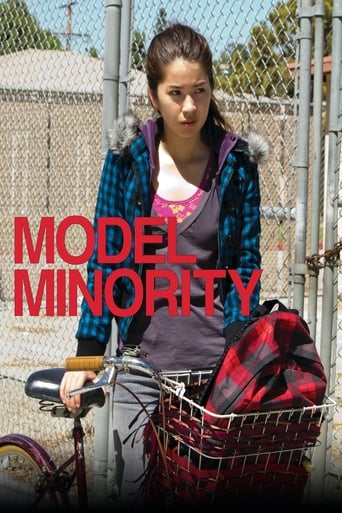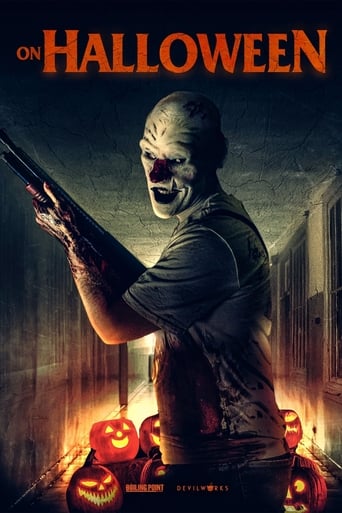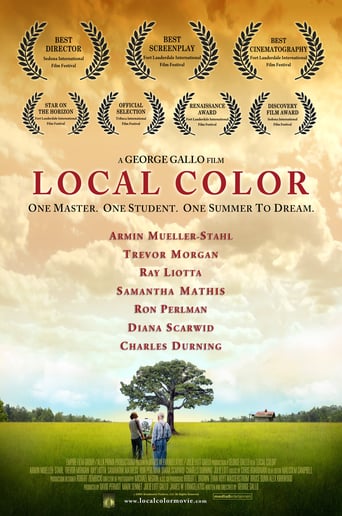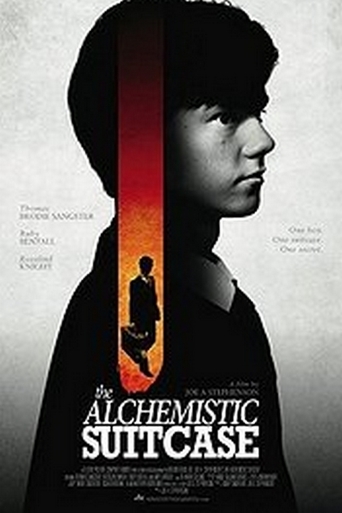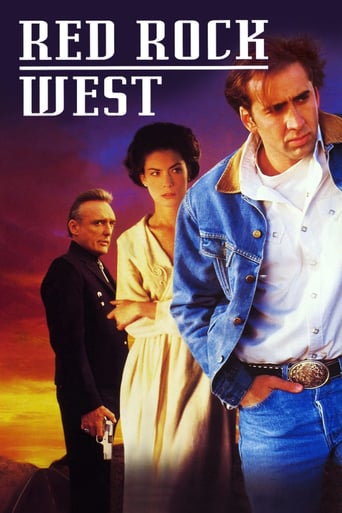24 City (2008)
24 City chronicles the dramatic closing of a once-prosperous state-owned factory in Chengdu, southwest China and its conversion into a sprawling luxury apartment complex. Three generations, eight characters : old workers, factory executives and yuppies, their stories melt into the History of China.
Watch Trailer
Free Trial Channels
Cast


Similar titles
Reviews
Overrated and overhyped
brilliant actors, brilliant editing
It's the kind of movie you'll want to see a second time with someone who hasn't seen it yet, to remember what it was like to watch it for the first time.
The movie turns out to be a little better than the average. Starting from a romantic formula often seen in the cinema, it ends in the most predictable (and somewhat bland) way.
In general documentaries are underrated, although they are often more perplexing than fiction. In particular the documentaries that employ a personal approach offer plenty of opportunities for empathy and identification. The film "24 city" about the life in a Chinese factory is certainly a piece of art. By sheer coincidence, China has been the host to many similar produces. Joris Ivens was hooked on China, and made among others "The 400 million" (1939, about the resistance against Japan), "La Pharmacie 3" (1976, about a pharmacy) and "Une histoire de ballon" (1976, about a school). The latter two documentaries were recorded during the notorious Cultural Revolution. Much later there was "China blue" of Peled, about life in a Chinese textile factory. And now we have "24 city", this time made by a native producer. We are introduced to some ten people with various backgrounds, who are in some way involved in factory 420. Their stories give a lively impression of the Chinese community and nation in the past sixty years. Of course the backcloth, the production for the military air force, is not neutral. It is well known from American research, that the military-industrial complex is cherished by the state and makes excessive profits. And indeed the laborers of factory 420 have privileged working conditions. Therefore it is surprising to hear, that after the war against Vietnam the factory came in penury, in spite of the strong national economic growth. The production even had to be diversified to fridges and washing machines for the consumer market. Obviously the Chinese politics has not been directed towards imperialism. On the other hand, it suggests the attempt of the military to penetrate civil markets, similar to the habits in for instance Egypt. In the same vein, the factory apparently engages in the development of real estate. The factory 420 employed several thousands of workers, which had been mainly recruited from the country side. In fact the film shots suggest that the equipment is primitive and outdated. The location Chengdu had been selected, because in the fifties its position appeared safe from a strategic point of view. The first workers had to travel for two weeks in order to reach their new destination (and afterwards didn't have enough money to visit their family). A moving story tells about a married couple, who on their journey to the factory lost their little son during an intermediate stop. You would guess that they would temporarily split up or so in order to find him, but no, they didn't want to miss the boat and simply continued their journey without the boy. Perhaps this is less astounding, if you consider the instrumental role of children in large parts of Asia (and South-America and Africa, by the way). Lack of food and health care, physical cruelty and even infanticide are common. Considering that the production is on a mass scale and cheap labor prohibits the automation, the activities in the factory are repetitive and mind numbing (a characteristic of all serial production). Still the original workers, who undoubtedly remember the past famines, accept these circumstances. On the other hand, the youth of the past decades appears to develop a different attitude, and demand satisfaction in their work (which however in an industrial environment seems too ambitious). The film clearly shows that since the fifties the young workers had always craved for a marriage, but apparently especially the earlier generations experienced severe problems, due to the loss of their traditional society and due to lacking personal social skills. In spite of the Cultural Revolution, class differences still abound (the inequality in China and the USA is comparable). There is little room for happiness and social well-being in factory 420. Still, the Bolshevists tried to create close and autonomous communities in their factories. Just like the others, factory 420 had its own schools, cultural and sporting facilities and even food. The workers engage in social games in tea houses, and in dancing and singing (The Internationale in Chinese). All in all, "24 city" definitely is thought-provoking. The geostrategical importance of China explodes, and therefore the introduction of democratic control mechanisms is clearly overdue. You can see in the film how its absence keeps the people in a strait-jacket. If you enjoy social and labor issues, consider seeing my other reviews (I discovered 24 city thanks to a reference).
Not many Chinese films obtain a release in Western cinemas. Those that do tend to be set in the distant past and have large casts, colourful costumes and exciting action - think "Hero", "House Of Flying Daggers", "Curse Of The Golden Flower" and "Red Cliff". This is not one of those movies. "24 City" is contemporary in subject, pedestrian in pacing, and documentary in style (director Jia Zhang-ke uses a mix of real characters and actors including Joan Chen).It is set in the city of Chengdu, the capital of Sichuan province in south-west China, which I visited a few weeks before seeing the film and I took along two friends from Sichuan who know the city well. It tells the terribly sad tale of the closure of a factory, which once employed 4,000 workers on the manufacture of military hardware, so that the site can be used for a modern complex of apartments and hotels - the 24 City of the title.The unusual part documentary/part fiction style - there are five authentic interviews and four fictional scenes delivered by actors - means that the work lacks the 'bite' of a real documentary and the narrative of full fiction, but the critics liked it.
Zhang Ke Jai has(at least to me) grown substantially since "The World", able to leave some of the melodrama behind and let his characters and the landscapes speak for themselves. "24 City" is a beautiful film, both relevant and moving in the ways "Up In The Air" wishes it were.A factory in Chengdu, China that has been in operation for generations is being closed down to make room for a upscale high rise apartment building called "24 City" ironically named after a poem about harmony. We follow a series of interviews with former factory workers about their lives in and around the factory.Some of the interviews could have been shortened or illustrated visually instead of having us just watching talking heads speaking over silence, but that is my personal preference.It could be argued, by not re-creating their lives Jai gives his subjects a sense of dignity, and creates an intimacy between them and the viewer that would be otherwise lost. For the most part I would agree, though in honesty, I did get anxious more than a few times during some of these discussions. Jai's subjects at first seemed to be almost rambling inconsequentially, but as the film goes on, their statements become enmeshed in each other and the film as a whole, and intricately articulate how the factory for generations was their entire world, romantically, socially, philosophically, and culturally.Some of the workers had their first fights there, their first loves, some moved their whole families on the promise of work, while others left their families behind, and suddenly this community which has sustained them all this time has disappeared, moved by forces beyond their control. Part of the film is documentary, but some of the interviews are "fictional" and feature actors.I had trouble telling the difference between those who were actors and who were actual workers, but the mixture between the authentic and the dramatic only serves to highlight the contrast between the promise of worker's solidarity and justice and the realities of changing economic priorities. Jai's "The World" offered us the best metaphor for the globalized melancholic that I've yet to see, that of an amusement park masquerading as the greatest architectural achievements of humanity, while those who toil in it are increasingly alienated from any sense of "authentic" culture, themselves, and each other. That film itself, however was not as compelling as it's ideas.In many ways "24 City" and so I am told Jai's similar, "Still Life" continue this series on the changing face of China, and the "real" people caught up in this global gentrification. What made me look at "24 City" as something other than just a clever polemic was a baffling scene of a girl skating to a soft, bubbly, trance like electronic song. The girl skates in circles, and the music plays and we just observe her, and the song continues, as the camera floats off looking across the city and the mammoth building rising up into the skyline. I don't know what if any purpose this scene had to the rest of the film, but it was lovely. Equally startling were the huge crowds of workers, by the hundreds in the film's first scenes, that are as overwhelming as the CG throngs of countless soldiers and orcs from "The Lord Of The Rings" epic battle-scapes. In those moments Zhang makes his cinematic eye, rival and better his(at least for me)binding interest in social realism.Realism especially of the socially progressive variety is not my cup of tea (to put a borderline pathological aversion mildly), but "24 City" made, if not a believer, than a fascinated viewer out of me. If globalization has to be "hot button" of contemporary art, if there must be sad-sack post-modernist which stylistically bite the hands that feed them, if the classical Marxist themes of alienation, class, and gentrification must persist on into the next decade, we could all do worse than to see them filtered through Zhang's warm humanism (another term I would usually avoid).It's not a thrill a minute, and there is no George Clooney smirking to enjoy, but "24 City" is rewarding, intimate, and oddly sensual, which few politicized movies, and even fewer documentaries, seem capable of doing these days. This is the first Jai I enjoyed, and makes me interested to visit the rest of the oeuvre.
This movie is by far his best IMHO. The flow is engaging and natural while the 'empty' spaces in between narrations are not unlike those quiet passages in Chopin's piano pieces or the white spaces in the classic Chinese paintings.I used to think Joan Chen only as a pretty face. But her performance here, even though short, changed my view completely. She can really act and act well! And she's still beautiful more than ever. Gawd bless her! The other pro actresses have proved their mastery in acting long ago and didn't disappoint here either.But the most credit has to go to the writer/director Jia - these short stories never really intertwine with each other as a plot, but together they are so strong and compelling that makes any smart and coy plot pale in comparison. Jia again nailed the pulse of the real life drama right on without wasting much of anything.I can't help but feel sympathetic to those who can't get 'it' because of the lack of background knowledge about the modern China. Only it's ironic, or even rather sad that, for such an iconic Chinese master movie maker with such a quintessential Chinese story telling, only found his fame mostly outside China today.Once a famous jazz critic wrote that if you remove all the names of the white jazz players from its history, you haven't changed jazz a single bit. IMHO, by the time the outside world gets tired of the curiosity of Jia, over time his mastery will establish itself in China and only then will he find his real audience.

